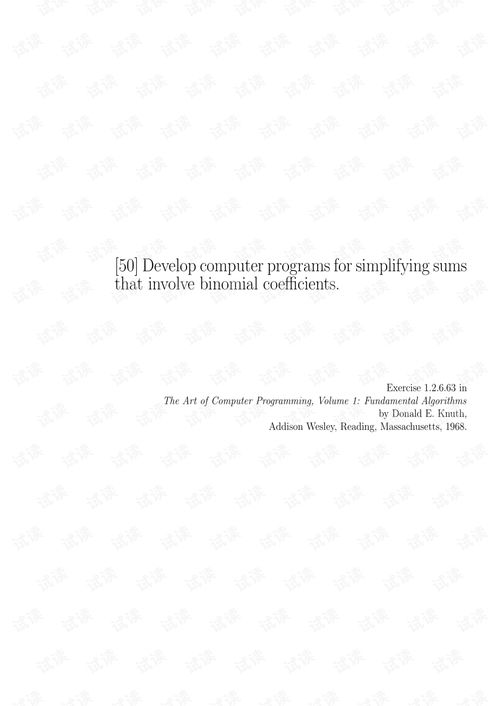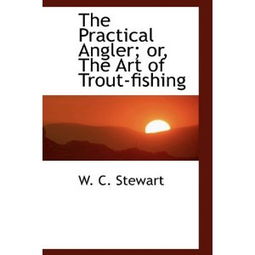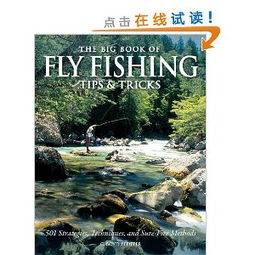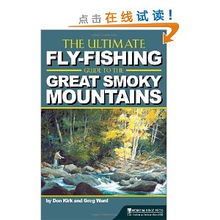Content:
Fishing on rivers can be an incredibly rewarding experience, offering anglers the chance to enjoy the beauty of nature while pursuing a variety of fish species. However, mastering the art of fishing on rivers requires knowledge of specific techniques and tips to increase your chances of success. In this article, we will discuss the essential skills and strategies to help you become a proficient river fisherman.
Choose the Right River
The first step in becoming a successful river fisherman is to select the right river. Consider the following factors when choosing a river for fishing:
- Fish Species: Different rivers host various fish species, so choose a river that matches your interests and the species you wish to catch.
- River Conditions: Study the river's flow, depth, and temperature to determine the best spots for fishing.
- Accessibility: Ensure the river is accessible and that you have the necessary permits or licenses to fish there.
Understand River Dynamics
To effectively fish on a river, you must understand its dynamics. Here are some key points to consider:
- Currents: Rivers have different currents, which can affect where fish are located. Fish often hold in areas with slower currents, such as eddies, backwaters, and pockets.
- Structure: Look for natural or man-made structures, such as rocks, logs, and bridge pilings, which can create habitats for fish.
- Depth: Fish may be found at various depths in a river, so consider using different lures and techniques to target fish at different levels.
Use the Right Equipment
Fishing on rivers requires specific equipment to handle the challenging conditions. Here are some essential items:

- Rod and Reel: Choose a rod and reel suitable for the fish species you're targeting and the river's conditions. A medium-heavy rod with a good reel capacity is a good starting point.
- Line: Use a strong, flexible line that can withstand the river's currents and potential snags. Monofilament, fluorocarbon, or braided line may be appropriate depending on the situation.
- Lures and Baits: Select lures and baits that mimic the natural prey of the fish species in the river. Soft plastics, spinners, and flies are popular choices for river fishing.
Cast and Retrieve Techniques
To be successful on a river, you need to master casting and retrieving techniques:
- Cast: Practice your casting to ensure accuracy and distance. Focus on casting with a steady, smooth motion, avoiding sudden movements that can spook fish.
- Retrieve: Vary your retrieve speed and pattern to entice fish. Sometimes, a slow and steady retrieve works best, while other times, a faster, more erratic motion may be more effective.
Read the Water
Being able to read the water is crucial for river fishing. Here are some tips to help you interpret the river's flow:
- Observe the water's surface: Look for areas with surface activity, such as bubbles, ripples, or fish breaking the surface. These may indicate the presence of fish.
- Watch for fish movement: Pay attention to the way fish move in the water. They may dart in and out of currents, hold in certain areas, or swim in a particular pattern.
- Look for cover: Fish often seek cover in the river, so keep an eye out for rocks, logs, and other structures that could provide shelter.
Adapt to Changing Conditions
River conditions can change rapidly, so it's essential to be adaptable:
- Weather: Be prepared for sudden changes in weather, such as rain, wind, or sunny conditions. Adjust your fishing tactics accordingly.
- Water Flow: Be aware of the river's flow rate and adjust your lure selection and retrieve technique to match the current.
- Water Temperature: Fish behavior can be significantly affected by water temperature. Keep an eye on the weather forecast and adjust your approach accordingly.
By following these essential techniques and tips, you'll be well on your way to becoming a proficient river fisherman. Remember to practice your skills, learn from your experiences, and always respect the natural environment and the fish you're targeting. Happy fishing!












